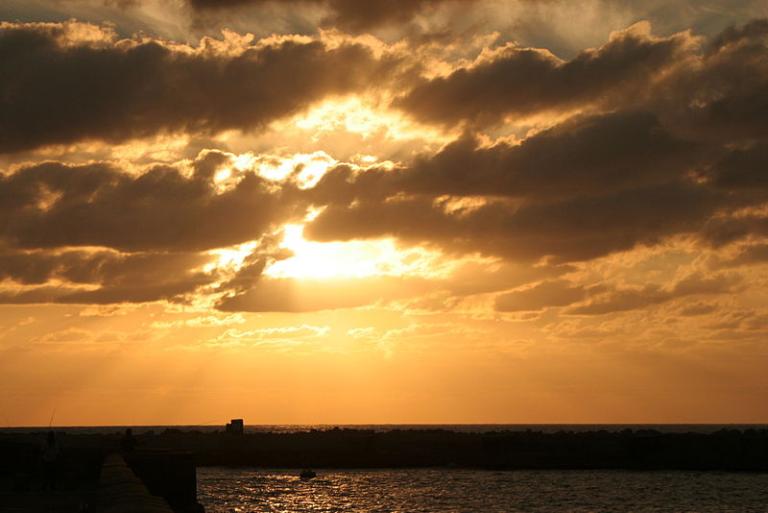
(Wikimedia Commons)
The manuscript goes ever onward:
Another of Arafat’s achievements was his getting the Palestinian movement to speak mainly with one voice. There had been many factions among the Palestinians. Palestinian Christians mistrusted Palestinian Muslims; residents of one town were suspicious of the residents of other towns. Arafat was able to get them to agree on certain basic propositions. Partly, this was due to his ability to be all things to all people. He was often deliberately vague in what he would say to different factions so that one could read into what he had said what one wanted to hear. This was necessary and very useful in the unifying task he had set for himself. Unfortunately, it meant that he tended to say contradictory things, things that often put him in a bad light with the Israelis when he later wanted to talk with them. They asked, with some plausibility, how they were supposed to take seriously the statements of someone who was so often self-contradictory and so difficult to pin down.
This is particularly the case with regard to what is perhaps the fundamental contradiction within the Palestinian movement. Palestinians today can be divided into two fundamental groups: those who remain within the boundaries of Israel and the occupied territories, and those who live outside of those borders, whether in the Middle East or beyond. These two groups do not necessarily have the same interests. The people of the occupied West Bank and Gaza Strip have to deal with the sometimes degrading everyday unpleasantness of Israeli occupation. As they see it, their situation would be vastly improved if the Israelis would simply return to the pre-1967 borders. And the overwhelming majority of them know, from daily contact with the reality of Israel, that this is about as much as they can reasonably expect—and, most likely, already unrealistic. Israel is not going to go away. There are too many Israelis, and they are too firmly settled, for the massive Jewish presence in Palestine to simply evaporate. This group of Palestinians would be pleased, for the most part, to have a Palestinian state in the West Bank and Gaza. And they would like that to happen soon. In other words, they are willing to settle for a less than utopian solution, if they can achieve it reasonably quickly.
The other group of Palestinians, however, do not have to deal with the daily reality of Israel and Israeli occupation. They live outside. And those of them who are not in refugee camps—which, among others, includes the leaders of the PLO—have often managed to live in some comfort. Some even travel around the world and are feasted by Arab and other world leaders. They are in no real hurry to settle the problem, and they certainly cannot be satisfied with a partial solution. They are out of Israel in most cases because their farms, their villages, and their shops have been taken over by the Israelis. A Palestinian state in the West Bank and Gaza would not liberate their homes. This segment of the Palestinian population, therefore, has tended to hold out for the most drastic solution to the conflict between itself and Israel—namely, the disappearance (at least in the sense we know it) of the Israeli state.
Posted from Tel Aviv, Israel











